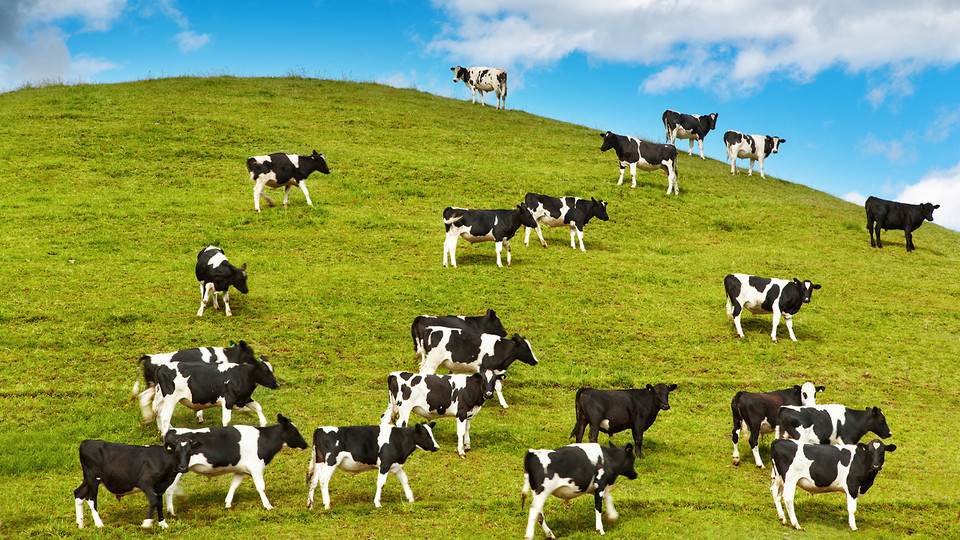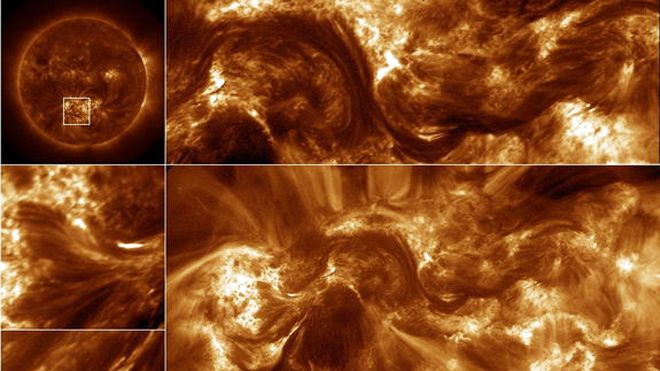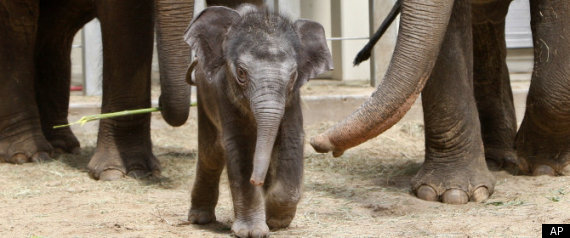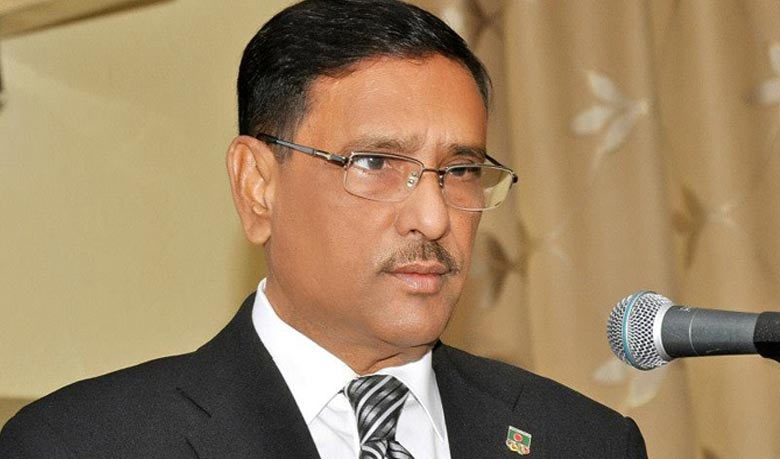 It sounds a bit like justice served, doesn’t it? When Cargill announced the closing of its Plainview, Texas, cattle operation, they cited a record low cattle supply as the result of the region’s severe drought. Though scientific models don’t yet have the precision to directly tie a particular weather event, be it a storm or a drought, to global warming trends, there is plenty of evidence indicating that drought is clearly increasing as the result of the changing climate. More clear is the linkage between the beef industry and the changes to our planetary thermostat.
It sounds a bit like justice served, doesn’t it? When Cargill announced the closing of its Plainview, Texas, cattle operation, they cited a record low cattle supply as the result of the region’s severe drought. Though scientific models don’t yet have the precision to directly tie a particular weather event, be it a storm or a drought, to global warming trends, there is plenty of evidence indicating that drought is clearly increasing as the result of the changing climate. More clear is the linkage between the beef industry and the changes to our planetary thermostat.
The UN Food and Agriculture Organization (FAO) reported that somewhere between 14 and 22 percent of all greenhouse gases were generated directly by the meat industry. Scientific American says that beef production produces 13 times as much global warming as chicken production, and 57 times as much as growing potatoes.
In fact, the U.S. cattle herd is the smallest it has been since 1952, due, not just to the drought, but also to increased feed costs. Herd liquidations are taking their toll as well. Beef consumption in 2011 was 25.6 billion pounds, down 8.25 percent from a decade earlier. The decline over the past five years was even steeper, at over 12 percent. According to Dr. Robert Lawrence of the Johns Hopkins School of Public Health this trend is driven primarily by health concerns rather than environmental ones.
The drought, which has been declared a natural disaster in 597 counties in 14 states, severely impacted the domestic corn and soybean crop, pushing feed prices higher.
Meat producers have pointed fingers at the ethanol mandate, also known as the Renewable Fuel Standard (RFS) for adding to the pricing pressure. However, increased production in other countries in response to the US drought resulted in a global corn crop that was only 2 percent below the year before.
Source : ENN




































